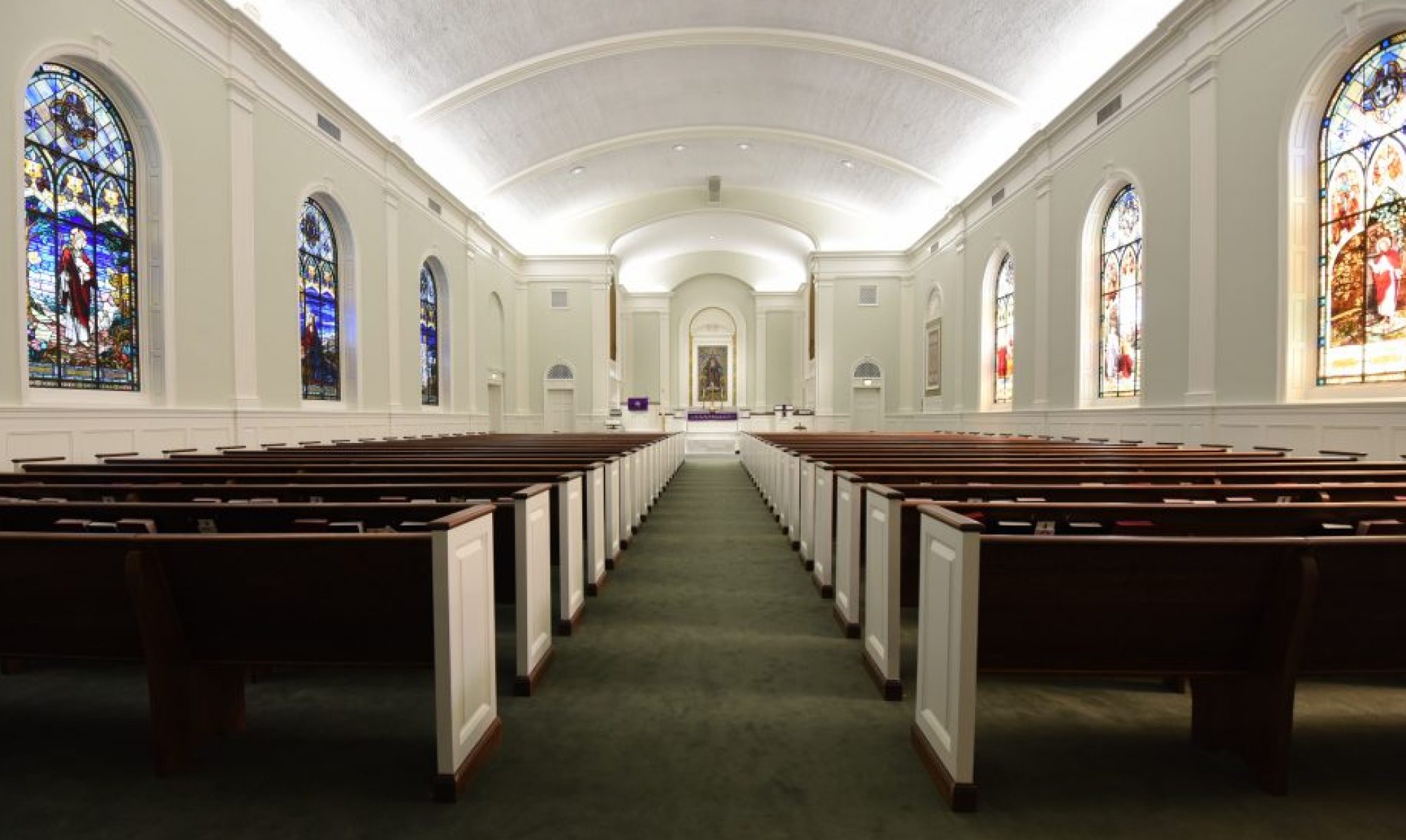How do you prepare for prayer? At first glance, why would we prepare for prayer? The important thing is praying—speaking and listening to God. On that level, one doesn’t need to prepare because the most important thing is to pray. However, because prayer involves both speaking and listening—and not just our wish list, then preparing for prayer could be just as important. It can create the right disposition of the heart so that one can hear the voice of God.
In that light, let me offer two possible ways of preparation:
The Use of an Icon or Symbol. Often I will hold a cross or focus on an image (picture, stain-glass window, etc). Just focusing on the image for a few minutes, allows me the mental and emotional space that is needed. It helps me quiet myself. I find that I’m more ready to pray when I do this.
The Repetition of Words. It doesn’t have to be a chant, although the purpose of chanting is to create a prayerful space. It can be something so simple as “Lord have mercy” or “God is good.” Say it slowly, over and over, for a minute. Allow it to move your heart to a place that is ready to speak and hear from our Creator and Redeemer.
Wednesday – John 3
Thursday – John 4
Friday – John 5



